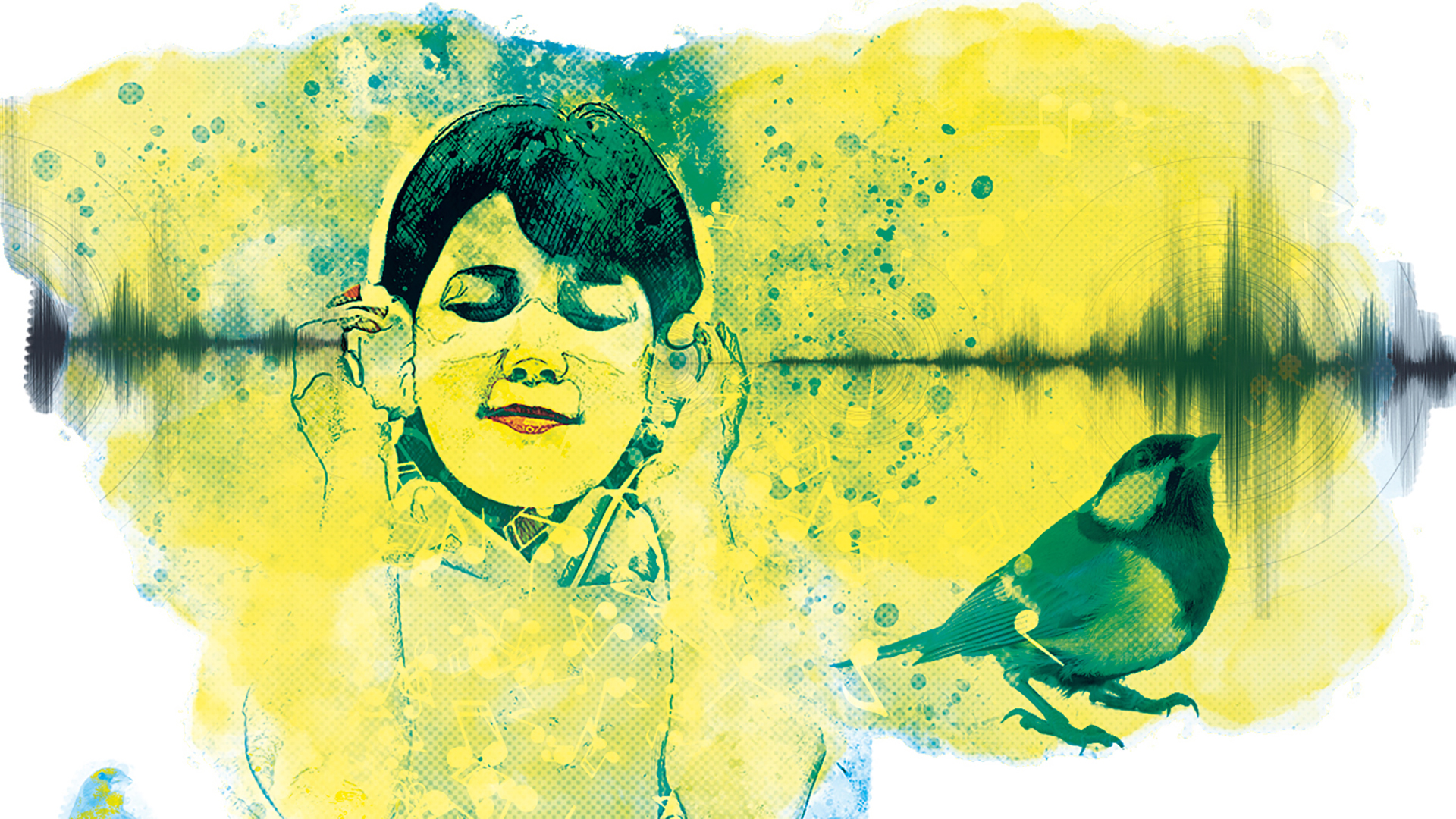There’s no doubting music’s capacity to affect how we feel – so much so that Spotify is developing technology based on voice-recognition software designed to curate playlists to our emotions.But in the depths of a global health crisis, it seems suitable to wonder – can music and music making actually make us feel quantifiably, scientifically better? Can music literally heal?
I don’t seek to platform quackery, nor am I about to suggest that music is a miraculous cure for Covid-19 or any other serious illness. But there are mainstream medical professionals who advocate for music in time becoming a tiny but established part of the healthcare system, potentially helping to ease pressure on certain areas of the NHS. In a less scientific but similarly well-intentioned spirit meanwhile, there exists a small but growing number of artists interested in music’s sonic potential to help us feel better in mind and, by extension, body.
Lockdowns have taken income away from hundreds of Big Issue sellers. Support The Big Issue and our vendors by signing up for a subscription.
At the BBC Proms in 2019, a panel discussion on music and wellbeing with epidemiologist Dr Daisy Fancourt and GP Dr Simon Opher stated the case for what is known as “social prescribing” – a new idea in healthcare which, supplementary to and in some cases even instead of conventional medicines, permits healthcare professionals to refer patients to support in the community and activities such as art, poetry, dance, music-making or singing.
“Dementia sufferers find comfort and meaning in music even in advanced stages of decline.”
Many dedicated social prescribers, who link patients with activities in their local communities, already work in the health service now – pre-pandemic the NHS had aimed to hire more than 1,000 of them by 2021. Lockdowns and social distancing have blunted social prescribers’ tools – choirs can’t meet up and feel the communal glow of participating in mass song, combating malaises such as loneliness and sedentary behaviour; music groups can’t provide the physical stimulation and tension release that can come through banging drums or striking keys. But in time that kind of thing will be possible again, and when it is it will be needed more than ever.
Most of the proven health benefits of music are around mental health – parent-and-baby singing sessions to combat post-natal depression, songwriting workshops to combat low self-esteem – but there is always an intrinsic connection between mental and physical health. There is evidence that cancer sufferers become better able to cope with anxiety and thus treatment through weekly singing sessions. Dementia sufferers find comfort and meaning in music even in advanced stages of decline. A research project by English National Opera and Imperial College London is discovering how the breathing techniques of opera singers can alleviate breathlessness in sufferers of so-called “long Covid”.









